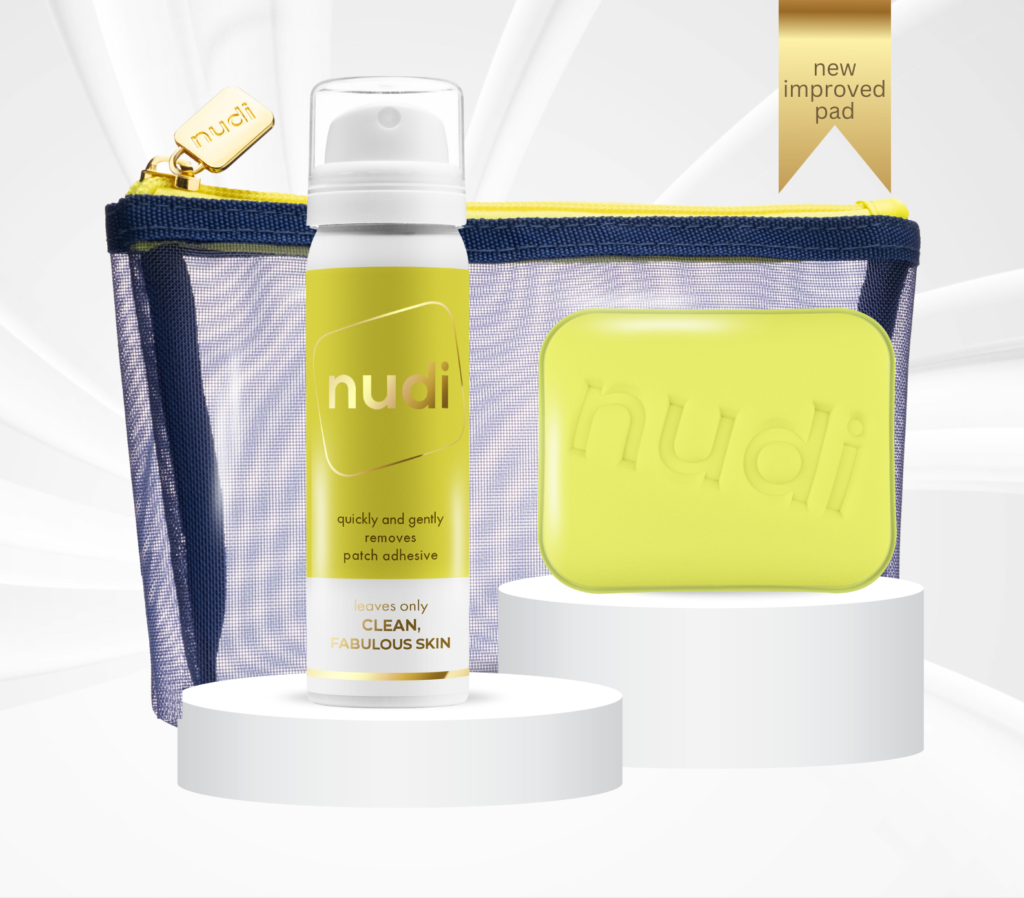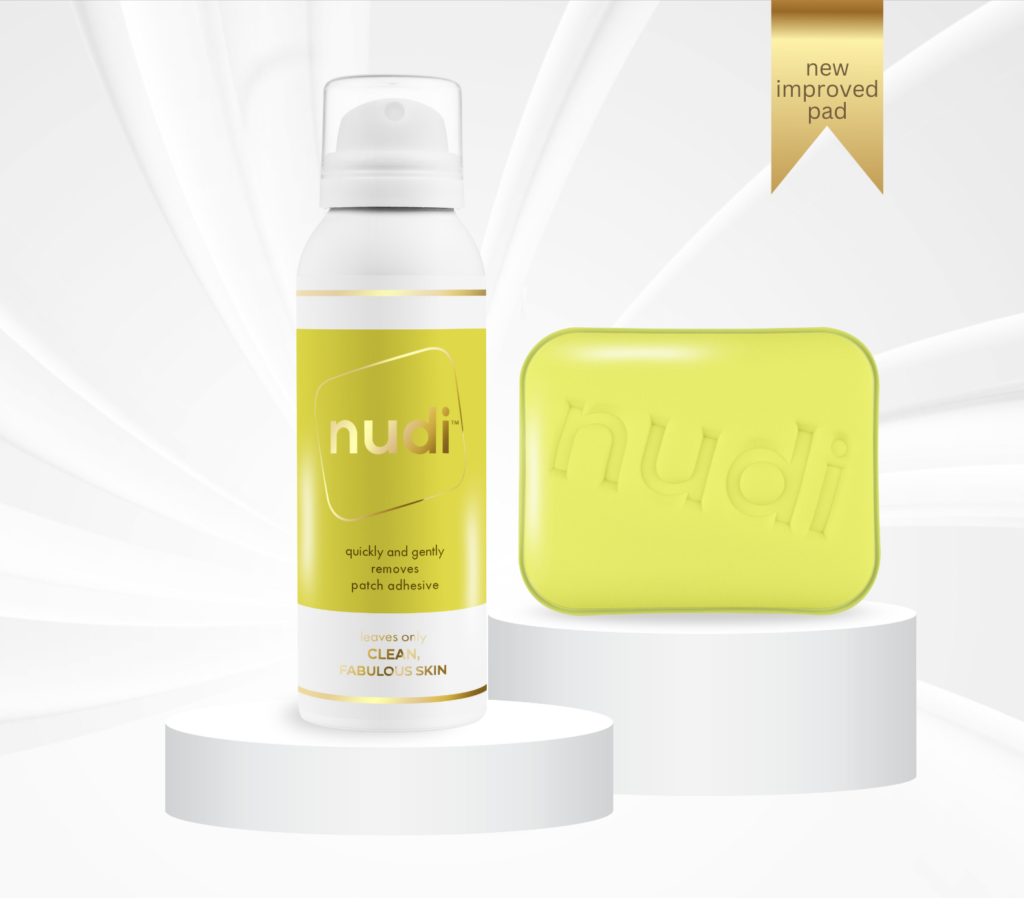
At Nudi, we know that sleep is more than just rest – it’s a cornerstone of well-being. Yet during menopause, sleep can feel increasingly elusive. The changes our bodies go through can disrupt restful nights, leaving us feeling exhausted and overwhelmed. That’s why we recently spoke with Dr. Claire Phipps, an expert in menopause health, to understand the connection between sleep and menopause and how to navigate this complex relationship.
The Two-Way Street – Menopause and Sleep
During our Instagram Live, Dr. Phipps highlighted the two-way relationship between sleep and menopause. Menopause doesn’t just affect sleep – poor sleep can also worsen menopausal symptoms. This dynamic can make it challenging for women to understand where the problem starts and how to address it.
Dr. Phipps shared that one of the most common sleep-related complaints during menopause is waking up at 4 am, unable to fall back asleep. She explained that hormonal changes, especially declining estrogen and progesterone levels, can alter how we fall asleep, stay asleep, and feel rested. Estrogen, in particular, plays a crucial role in regulating thermoregulation, mood, and the overall sleep architecture. When these hormone levels drop, sleep can become fragmented and less restorative.
Dr. Phipps noted, “Restorative sleep can really change as we progress through the perimenopause. It’s one of the really common things we hear and women experience – a change in their quality of sleep or their ability to get to sleep or stay asleep.”
The Role of HRT in Managing Sleep Issues
One of the most important takeaways from our conversation was the potential role of Hormone Replacement Therapy (HRT) in managing sleep issues. Dr. Phipps emphasized that HRT can be beneficial, especially when sleep disturbances are linked to symptoms like hot flushes, night sweats, and anxiety. However, she stressed that HRT is not a one-size-fits-all solution.
“We are all very, very different when it comes to sleep,” Dr. Phipps said. “What our triggers are for a poor night’s sleep will not be the same as the next person’s. HRT can be really beneficial, but it must be tailored to the individual.”
Sleep Hygiene – Building a Better Routine
Improving sleep often starts with establishing good sleep hygiene. Dr. Phipps recommends creating a calming evening routine that signals to your body that it’s time to wind down. This might include reducing screen time, dimming the lights, and engaging in a relaxing activity like gentle stretching or reading.
Dr. Phipps also highlighted the importance of using the bedroom only for sleep and intimacy – avoiding activities like watching TV or scrolling on your phone in bed. Keeping the room cool and comfortable can also make a difference, as temperature regulation is often disrupted during menopause.
Practical Tips for Better Sleep
- Mind Your Caffeine and Alcohol: Dr. Phipps suggests limiting caffeine after midday and being mindful of alcohol consumption, which can interfere with sleep quality.
- Exercise Smart: Dr. Phipps pointed out that while late-night exercise might keep some women awake, it’s better to move than not to move at all. “If the only time you can move is later on at night, that is better than not moving at all,” she said.
- Focus on Relaxation: Techniques like mindful breathing can lower cortisol levels, helping your body prepare for sleep.
Addressing Night Sweats and Hot Flushes
Hot flushes and night sweats are common disruptors during menopause. As Dr. Phipps explained, these symptoms occur because declining estrogen levels affect the body’s ability to regulate temperature. When estrogen drops, the brain becomes more sensitive to minor temperature changes, leading to sudden feelings of intense heat.
“We know that estrogen is really important in promoting thermoregulation – how cool we are, our mood, and also around our sleep architecture,” Dr. Phipps explained. “When these hormone levels change, it can impact the way we fall asleep, stay asleep, and how restful that sleep is.”
Managing Stress to Improve Sleep
Stress is a significant factor impacting sleep quality. Dr. Phipps acknowledged that managing stress during midlife can be challenging, especially for women juggling family, work, and personal responsibilities. She encouraged finding small ways to reduce stress, whether through breath work, delegation of tasks, or setting boundaries to create some mental space.
“Reducing that cortisol and adrenaline – those fight and flight hormones – is only going to be beneficial in the long run,” Dr. Phipps advised.
Breath Work
Breath work is one of the practical methods Dr. Phipps discussed for reducing stress and promoting better sleep. She noted that practicing slow, mindful breathing can help calm the nervous system, making it easier to wind down at night. Her sister, who teaches menopause yoga, incorporates breath work to support sleep and reduce anxiety.
Finding Your Sleep Balance
Sleep during menopause is an ongoing journey that requires patience and experimentation. Dr. Phipps reminds us that no single solution works for everyone, but by combining lifestyle adjustments, stress management, and, when appropriate, medical support, better sleep is possible.
At Nudi, we believe in empowering women to take control of their health through information and support. Navigating sleep challenges during menopause may take time, but with the right approach, restful nights can be within reach.
With love, The Nudi Team xx
See our full conversation https://www.instagram.com/p/DJXMm_1IP3C/
Follow Dr Claire Phipps on Instagram @themenopausegp also @themenopausesisters
Follow @theyogacrow for breathwork and yoga
Our Products

Adhesive Remover Starter Kit
Designed to remove the most stubborn patch or tape glue from all skin types in a neat travel sized pack .
- Nudi Spray™ 50ml
- Easi Pad™
- Nudi™ Patch Bag
£15

Glue Free Forever!
Subscribe & Save
Enjoy our great value subscription direct to your door without giving glue another thought.
- Nudi Spray™ 100ml
- Easi Pad™
- Cancel anytime
£16

Top Up!
Designed to remove the most stubborn patch or tape glue from all skin types in our larger 100ml can.
- Best Seller
- Nudi Spray™ 100ml
- Easi Pad™
